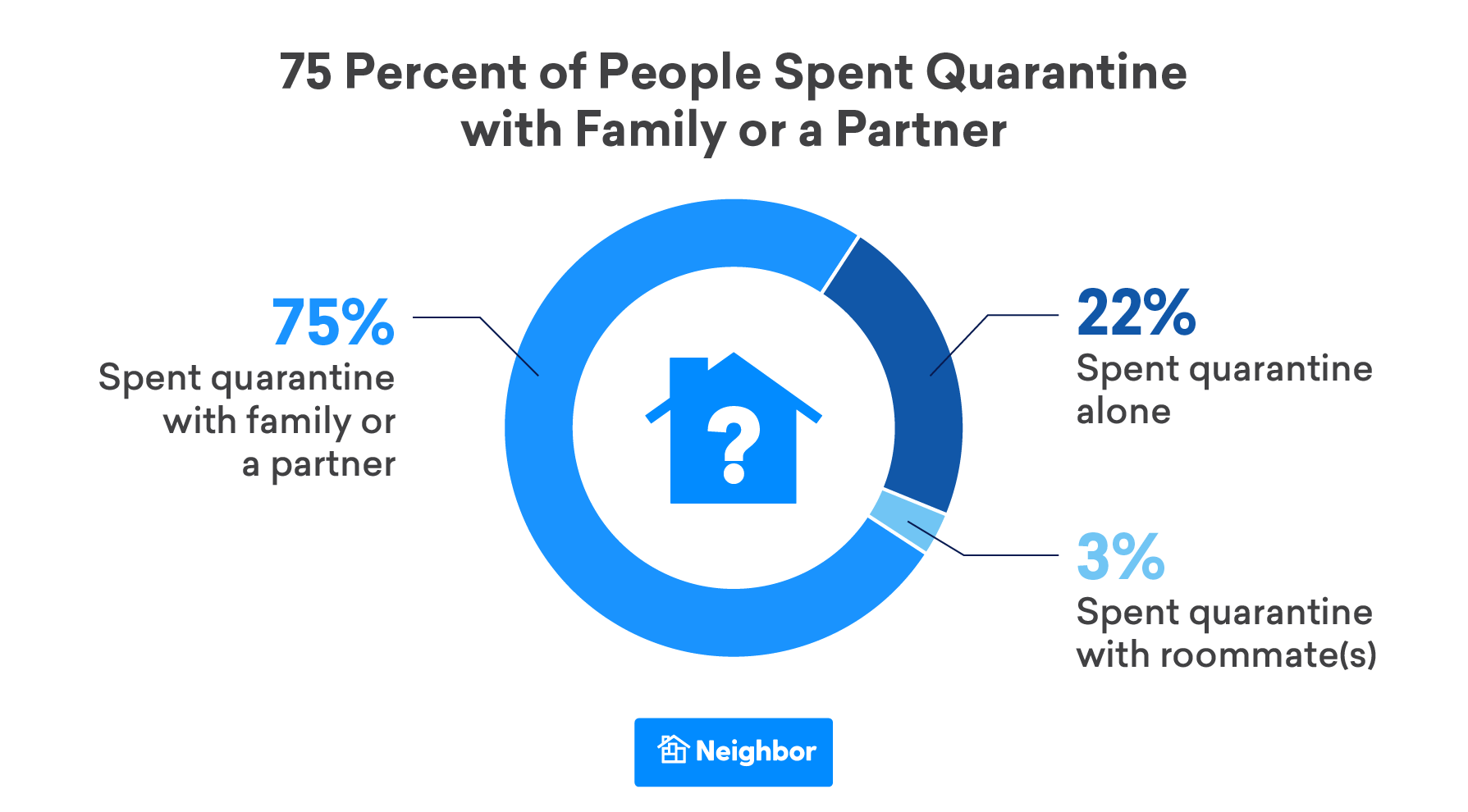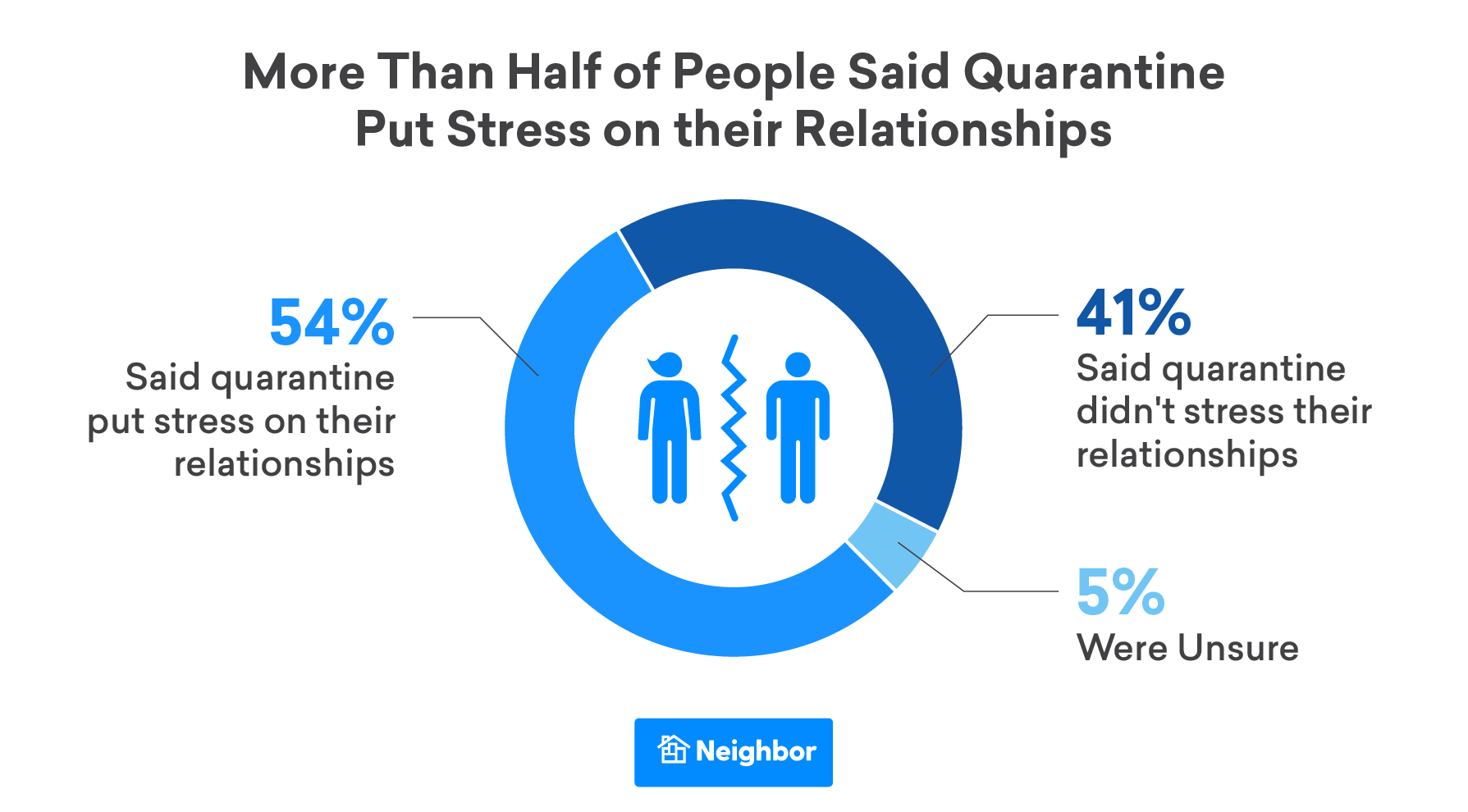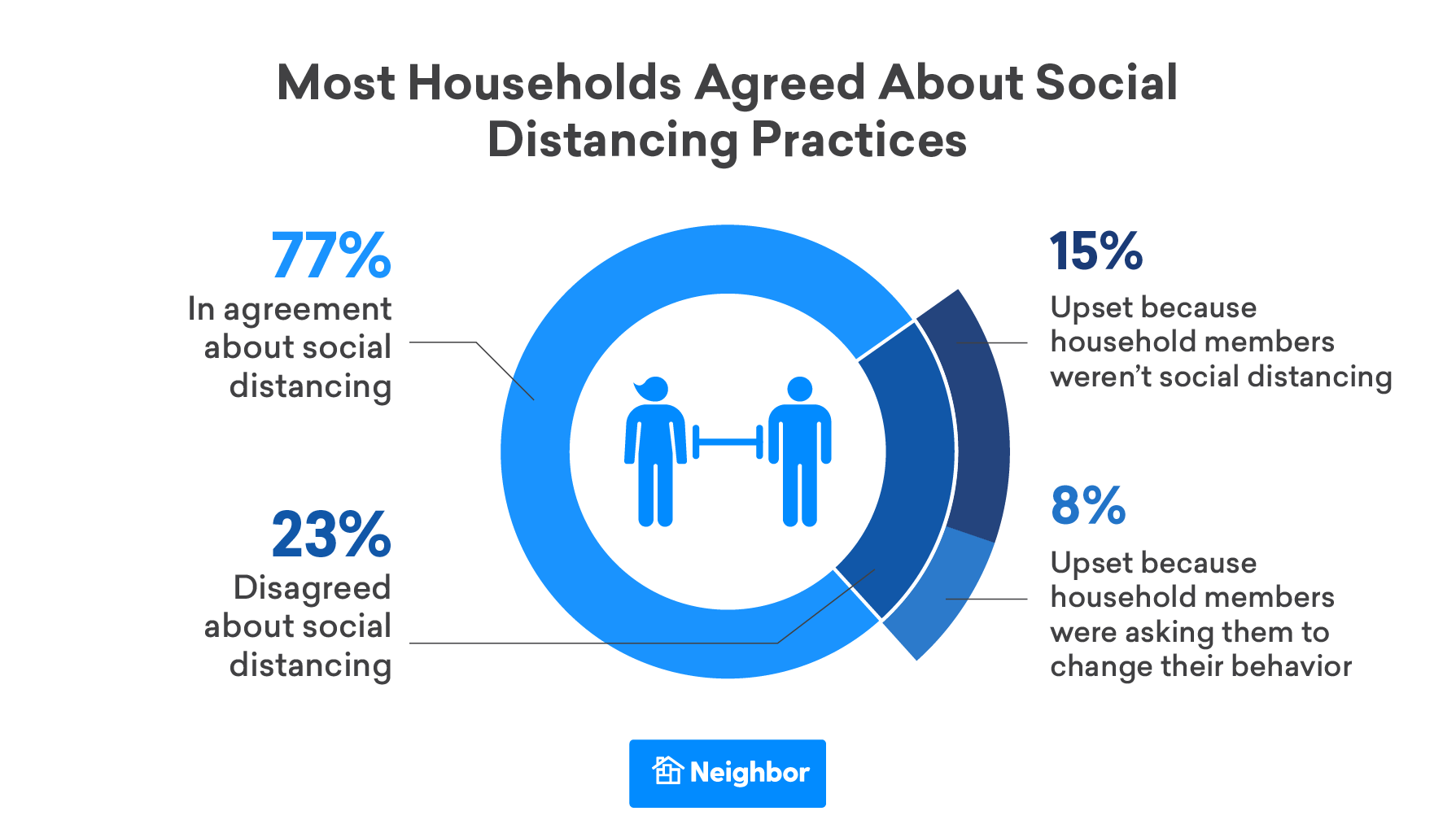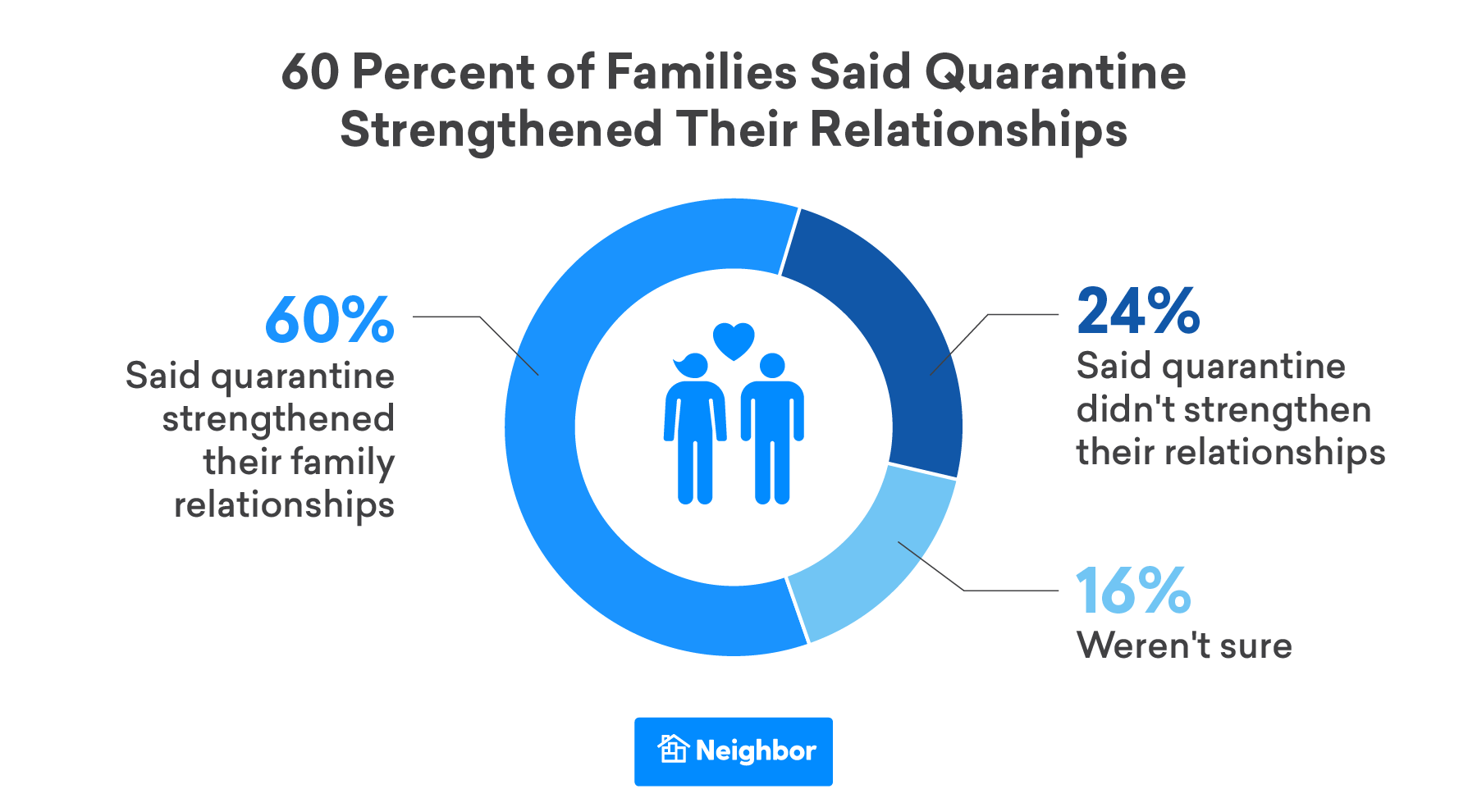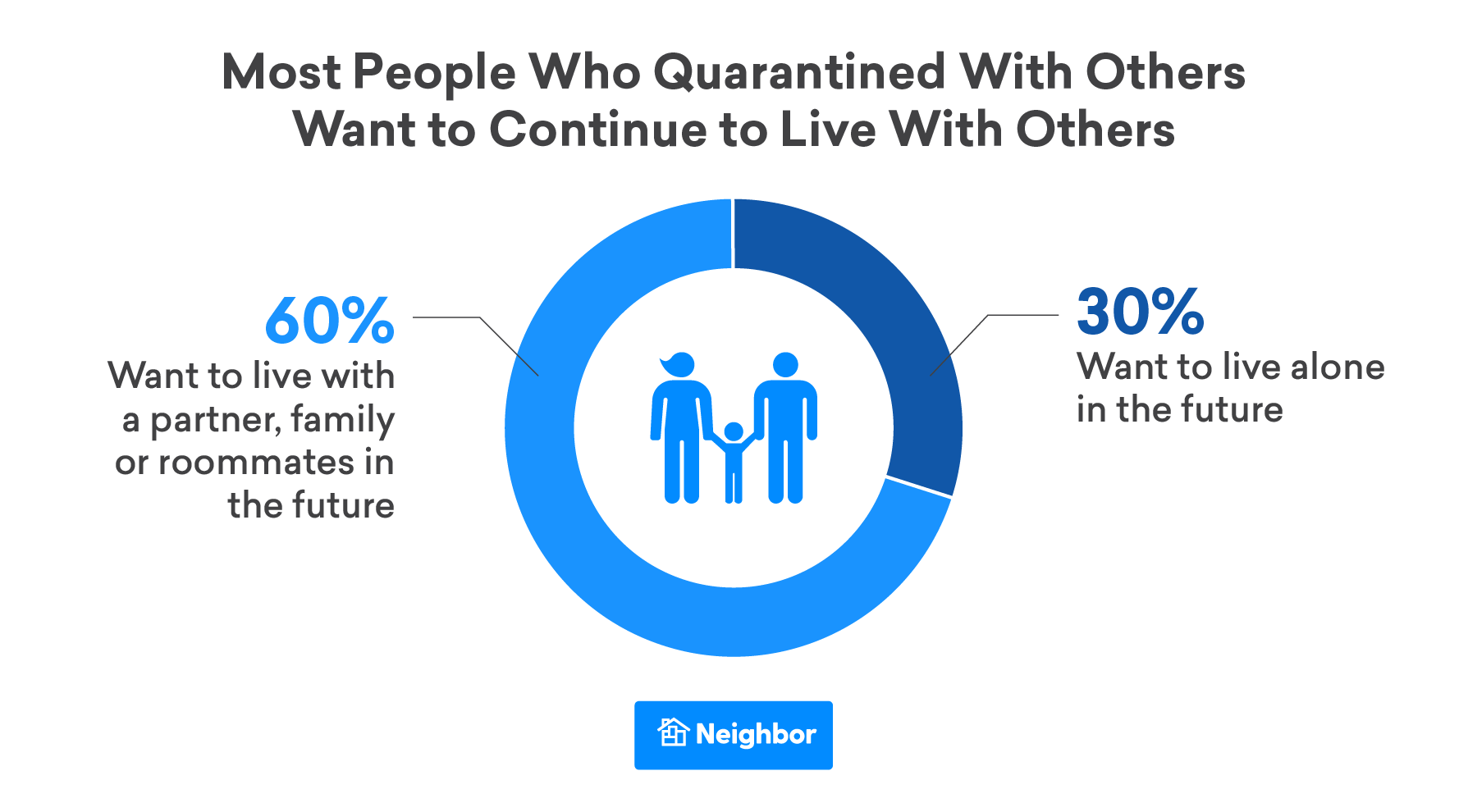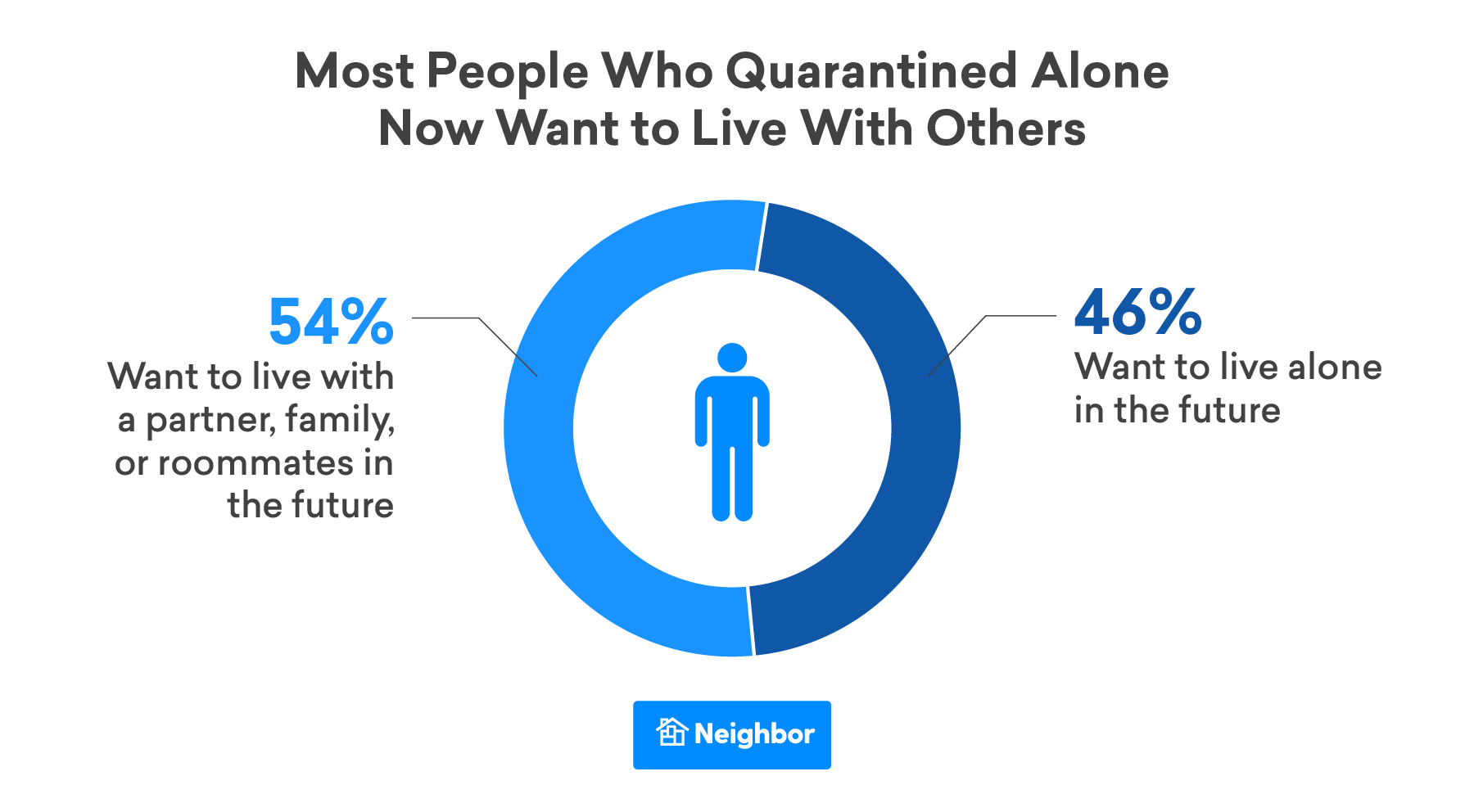When Sara Hoffman, a 38-year-old mom of two from Omaha, Nebraska, learned that her kids’ school was closing and her work was moving to her home for the time being, she was worried.
“I had no idea how I was going to get work done while also supervising classes for a 13-year-old and a 6-year-old,” Hoffman said. Since her husband’s early-morning shifts at a bakery were still considered essential, she was on her own during work and school hours.
But as days in quarantine turned into weeks and then months, Hoffman said she and her family settled into their new normal. “The 6-year-old is so high energy, we’ve had to get really creative finding ways to keep her entertained — and also wear down some of her energy,” Hoffman explained. “It’s become something the whole family is involved in. We’ve been spending a lot more time together at the park in our neighborhood, on hikes, swimming, family bike rides — all kinds of adventures we probably wouldn’t have done otherwise. It’s brought all of us closer together.”
And Hoffman’s family isn’t unique in that. We wanted to know how quarantine was affecting families who were now spending more time together than they were used to, so we surveyed them. We found that a majority of people say despite some challenges, changes to their routine brought on by the coronavirus pandemic ultimately did make their families closer.
Our key findings are that:
- More than half of families said quarantine put stress on their relationships;
- However, that stress didn’t come from clashes over how to keep the household safe and healthy — more than three-fourths said they agreed about social distancing practices;
- More than 70 percent said they wouldn’t want to live alone after going through quarantine together;
- And 60 percent said the experience ultimately strengthened their relationships with other members of their families.
For more context around how quarantine affected family relationships, as well as our survey methodology, read on.
Most Americans Spent Quarantine With Their Families
When we first set out to learn more about how quarantine affected Americans’ relationships with the people they live with, we looked for people who lived with roommates, as well as people who lived alone. But the majority of respondents to our survey spent the quarantine period with a partner or with their family — 75 percent of the 600 people who took our survey.
We found that there wasn’t a significant number of people who left other living arrangements to spend quarantine with their family — 75.33 percent of respondents answered that they lived with a partner or family before quarantine began. A very small number of respondents who lived alone before quarantine (0.5 percent) said they either moved in with family (0.33 percent) or roommates (0.16 percent) for the quarantine period.
Because such a large majority of respondents said they spent quarantine with their families or partners, we chose to focus on how those respondents answered subsequent questions about their relationships with their families during and after quarantine.
Most Families Experienced Tension With One Another During Quarantine
54 percent of survey respondents answered yes when asked if quarantine put stress on their relationships with the people they lived with.
Health experts say that’s not terribly surprising. According to a study published in The Lancet in February, scientists expect a wide range of mostly negative psychological effects to impact those who were forced into quarantine because of the coronavirus. Some potential effects include post-traumatic stress symptoms, confusion, and anger brought on by stressors like infection fears, boredom, financial loss, and feelings of helplessness.
Those kinds of stressors — compounded by sharing space and spending more time together than usual — could easily strain any relationships, family or otherwise. But there is good news. Despite their struggles during quarantine, families also had a lot of good to say about how they got along during quarantine.
Family Tension Was Rarely Caused By Disagreement Over Social Distancing Practices
We know from recent headlines just how divisive social distancing practices — like wearing masks to help curb the spread of COVID-19 — can be. Was that a source of the tension families felt during quarantine?
According to our survey, the answer is largely no.
77 percent of survey respondents said they were in agreement with the people they lived with about how to follow social distancing procedures. Unfortunately, 15 percent of respondents said they were upset because others in their household were not following social distancing practices, and 8 percent said they were upset because members of their household were asking them to change their behavior to meet public health guidelines.
With Quarantines Ending, How Do Families Feel Now?
Even though they’re using phased approaches and at different stages, most states are moving toward ending their quarantines and reopening. Since lockdowns largely began in late March and throughout April, that means many people spent, at minimum, weeks in quarantine. Some people spent months.
After all that, how do families think the time in isolation together affected their relationships? It’s good news — 60 percent of respondents in our survey said quarantine strengthened their relationships with partners, family, roommates, and other members of their households.
Unfortunately, 24 percent of respondents said quarantine did not strengthen their relationships. Sixteen percent were unsure.
Who Do People Want to Live With Now?
One of the main things we set out to learn from this survey is how the coronavirus pandemic and long periods of quarantine might have changed the way people decide who they want to live with.
When it came to people who spent quarantine with their families, 70 percent said they wouldn’t want to live alone in the future, so it seems like they might have welcomed the company and family support during such a strange and uncertain time period.
But what about people who lived alone prior to quarantine? Did they welcome the long period of solitude with open arms? According to our survey, not exactly. 54 percent of respondents said that quarantine made them feel like they’d rather live with a partner, family, or roommates than continue to live alone.
Methodology
We surveyed 600 American adults using Pollfish.com. In order to continue with the survey, they had to answer yes to one qualifying question: “Have you recently been in a period of quarantine because of the Coronavirus?”
Respondents’ ages were:
- 7.67 percent ages 18-24
- 28.5 percent ages 25-34
- 27.33 percent ages 35-44
- 14.5 percent ages 45-54
- 22 percent ages 55 and up
58.5 percent of respondents identified as female, and 41.5 percent identified as male.


